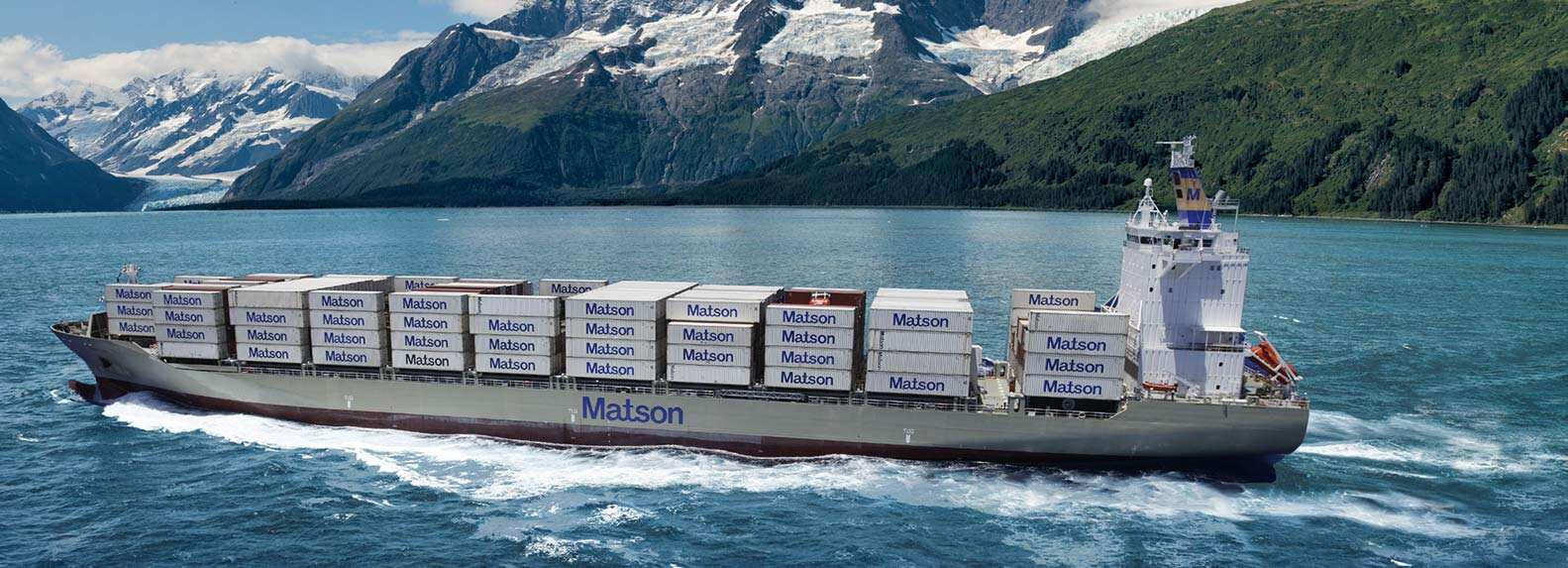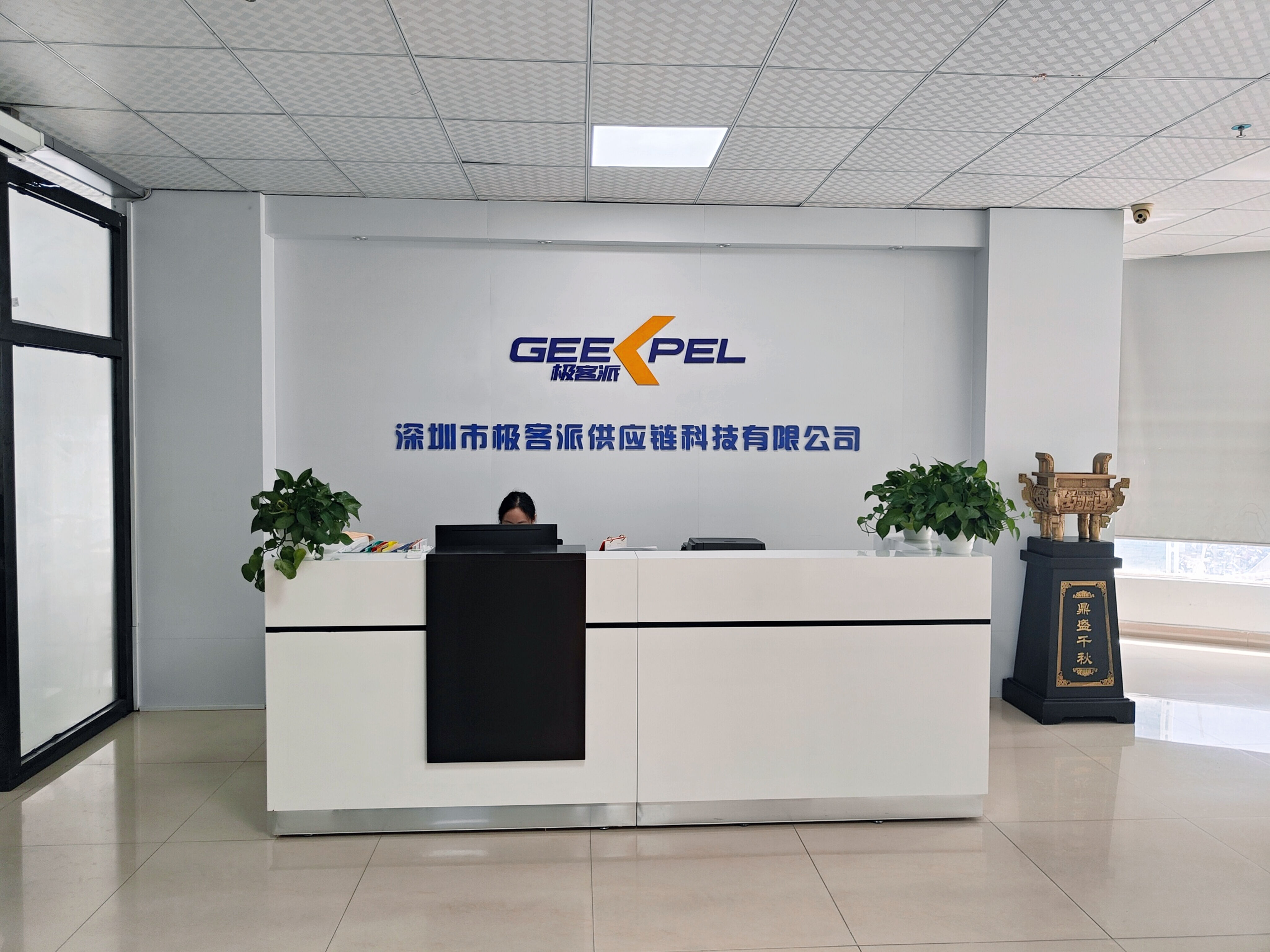lcl and fcl in logistics
In logistics, LCL (Less Than Container Load) and FCL (Full Container Load) are two main types of shipping, namely, can meet the requirements for a variety of volume cargo. For LCL, the shipping agent typically consolidates many consignments that individually can't fill a container on their own and then shares the space with other individual shipments, is a method of transporting cargo. However, with FCL, the shipper will have a complete container for his goods alone. The main functions of LCL and FCL are quickly departing the factory and going into the warehouse. Technological features such as real time tracing and container management system help lift their level of service. They're suitable for use in a wide range of situations from commercial goods and personal effects to meet various shipping needs.

